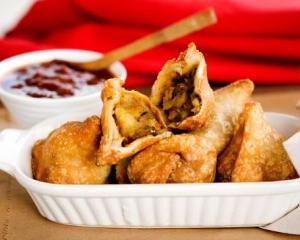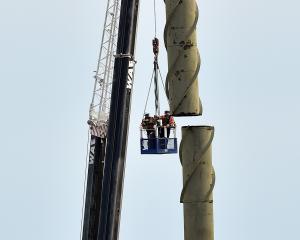
Brexit and the uncertainty surrounding it dominated nearly every discussion Mr Parsons had during a recent visit to Europe and the UK.
The immediate impact on lamb prices had been the weakening of the pound and, while some might say ‘‘not that old excuse again’’, the impact was real, Mr Parsons said in his latest chairman’s update.
On the positive side, UK buyers were paying more for New Zealand lamb than last year but, frustratingly, it was not translating into increases in New Zealand dollars for farmers. The Irish, who exported much of their lamb and beef to Britain, were equally hurting, Mr Parsons said.
Increasing consumer demand was a separate issue, which Beef+Lamb had given a lot of thought to, and it was a key topic of discussion with UK and EU farming groups.
Beef+Lamb’s new market development strategy fitted well with the need to develop new markets and greater consumption of lamb.
"Among the many options, our sincere wish is to explore opportunities with northern hemisphere producers to supply third countries in a co-ordinated fashion counter-seasonally.
"This will take a lot of work jointly with New Zealand exporters and also processors offshore, but presents significant opportunity if executed well,’’ he said.
In a back-handed way, Brexit had been so disruptive it had become a catalyst for a level of fresh thinking Mr Parsons had not seen before among government, farmer and processor representatives in the UK and Europe.
"Our market intelligence programme will be the right avenue to scope these opportunities," Mr Parsons said.
As far as the election of Donald Trump as US president, New Zealand had good access into the US already for beef and sheepmeat and that access was expected to continue, as there were long-standing agreements made under the World Trade Organisation.
However, the election was not a positive development for further trade liberalisation such as the Trans Pacific Partnership.
A key impact on beef producers from increasing unlikelihood of TPP would be a loss of market share of New Zealand’s beef exports to Japan.
That was because Australia’s free-trade agreement with Japan which came into force last year gave it an increasing tariff advantage over New Zealand beef exports.













